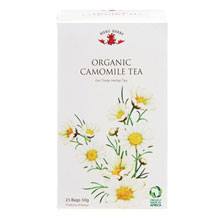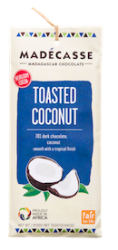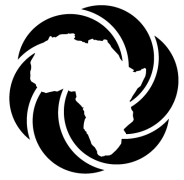By Luna Rieu and Aoife O´Reilly
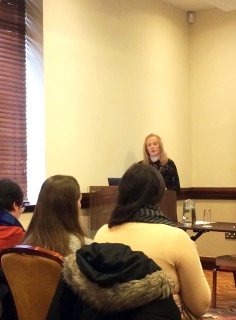
Thea Willoch Njaastad
We are the newest additions to Proudly Made in Africa’s Communications team and are so excited to contribute to the amazing work that the organisation does! Our first week started with a bang as we attended a seminar hosted by Dóchas titled: “Change A Life With Just One Swipe: Challenging Stereotypes in Communicating Development”. The purpose of the event was to discuss Dóchas´s Code of Conduct on Images and Messages and Thea Willoch Njaastad, Vice-President of the Radi-Aid group, was the keynote speaker. The event was the perfect introduction to issues that arise when communicating images and messages about the Global South and it really helped us to think critically about responsible communication and how this ties in with Proudly Made in Africa’s values.
Not-for-profit organisations in the development sector face a number of challenges when communicating important issues as poverty, war and inequality. These issues need to be addressed and highlighted, but it is important to do this without portraying beneficiaries as ‘helpless’ or ‘powerless.’ This is a challenge, clearly, because those of us in the developed world often hold a biased and inaccurate perception of the Global South, and many of the advertising campaigns in the media simply reinforce these stereotypes. Television advertisements bombard us with images and videos of malnourished children who are unable to survive without help from other countries. The camera zooms in on their swollen bodies and vitamin deficiencies and the parents are seen to have no control over their children’s development at all. These images depict individuals and whole communities as being helpless, and strip them of their agency. The only solution, these advertisements suggest, is financial support.
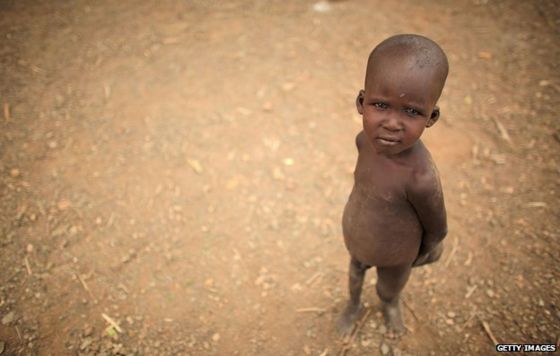
Source: BBC
These traditional types of charity advertisements, we believe, are not responsible communication. They focus on the sufferings of vulnerable people without offering any kind of context for their poverty and malnourishment. Responsible communication can only begin when we understand why stereotypes in messaging do not work. Images and messages that focus predominately on people needing support and financial aid reinforce notions of Western superiority. They focus on the effects of poverty and inequality rather than looking at the global systems or institutions that cause them in the first place.
The media holds a very powerful presence in the public domain, particularly in the digital age where the channels of communication are continually expanding. Forums such as social media now accompany more traditional forms of communication, and this can make it difficult to communicate clearly and effectively. For NGOs in the development sector, the media is an excellent tool for highlighting the important work that organisations are carrying out in the Global South. Gaining financial donations is not the sole purpose of communicating development, and we need more advertisements that highlight this. Advertising campaigns should promote the ability of people to transform their own lives. They need to show men, women and children in a variety of roles and situations in order to avoid simplifying complex issues that occur in the world today.
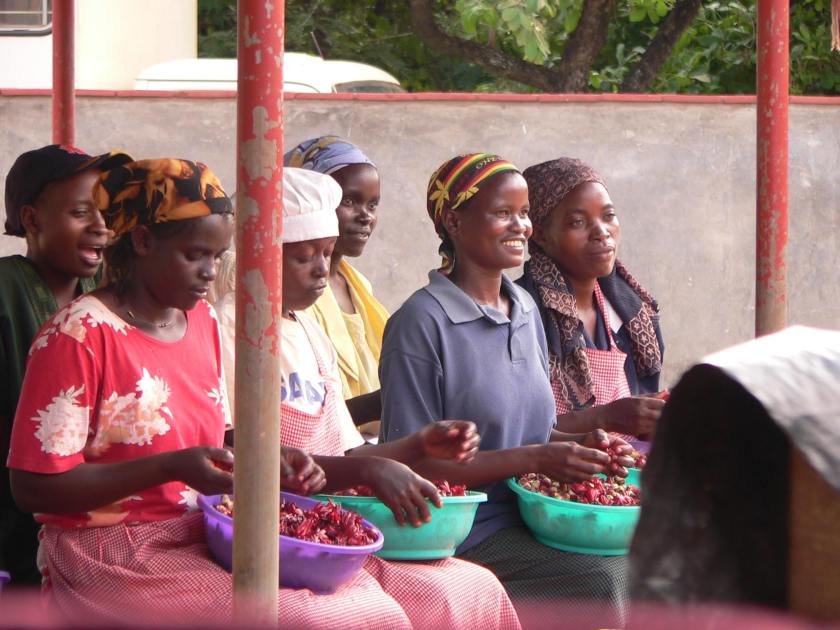
Some of the team at Meru Herbs in Kenya
We really resonated with Plan International UK’s campaign titled: ‘What Do Girls Really Learn at School? Learn Without Fear.’ In their television advertisement, girls from both the developed and developing world encounter sexism in the home, at school and in public spaces. By exposing sexism as a worldwide problem, Plan International emphasize the universality of suffering and empathy and effectively break racial stereotypes of who suffers, and what it actually means to suffer. NGOs need to continually challenge stereotypes by showing a diverse range of people in their campaigns.
How does all of this relate to our values here at Proudly Made in Africa? Our vision is of a future where African communities thrive. There is so much potential for these communities and for this reason, we act as a trade facilitator between African producers of shelf-ready products and European retailers. Producers and manufacturers from across the continent of Africa offer a vast range of ethically-made, high quality goods that are more than able to compete in an international market, and provide sufficient, sustainable incomes for entrepreneurs and their employees. We believe that trade is the fastest route to eradicating poverty – just as soon as consumers and trade buyers in the developed world stop seeing Africa as a desolate place without hope or autonomy. This is why we promote a wide range of high quality African fashion and foods – we strive to always show the enterprising, industrious, innovative face of Africa – the face less often seen through conventional media. We hope to continue to use our digital platforms to promote African goods and services and to demonstrate Africans’ potential for sustainable economic development through the trading channel. The challenge for NGOs in the development sector is to come up with innovative ways to address and highlight issues, and we are ready to take on this challenge and communicate responsibly in our work.
